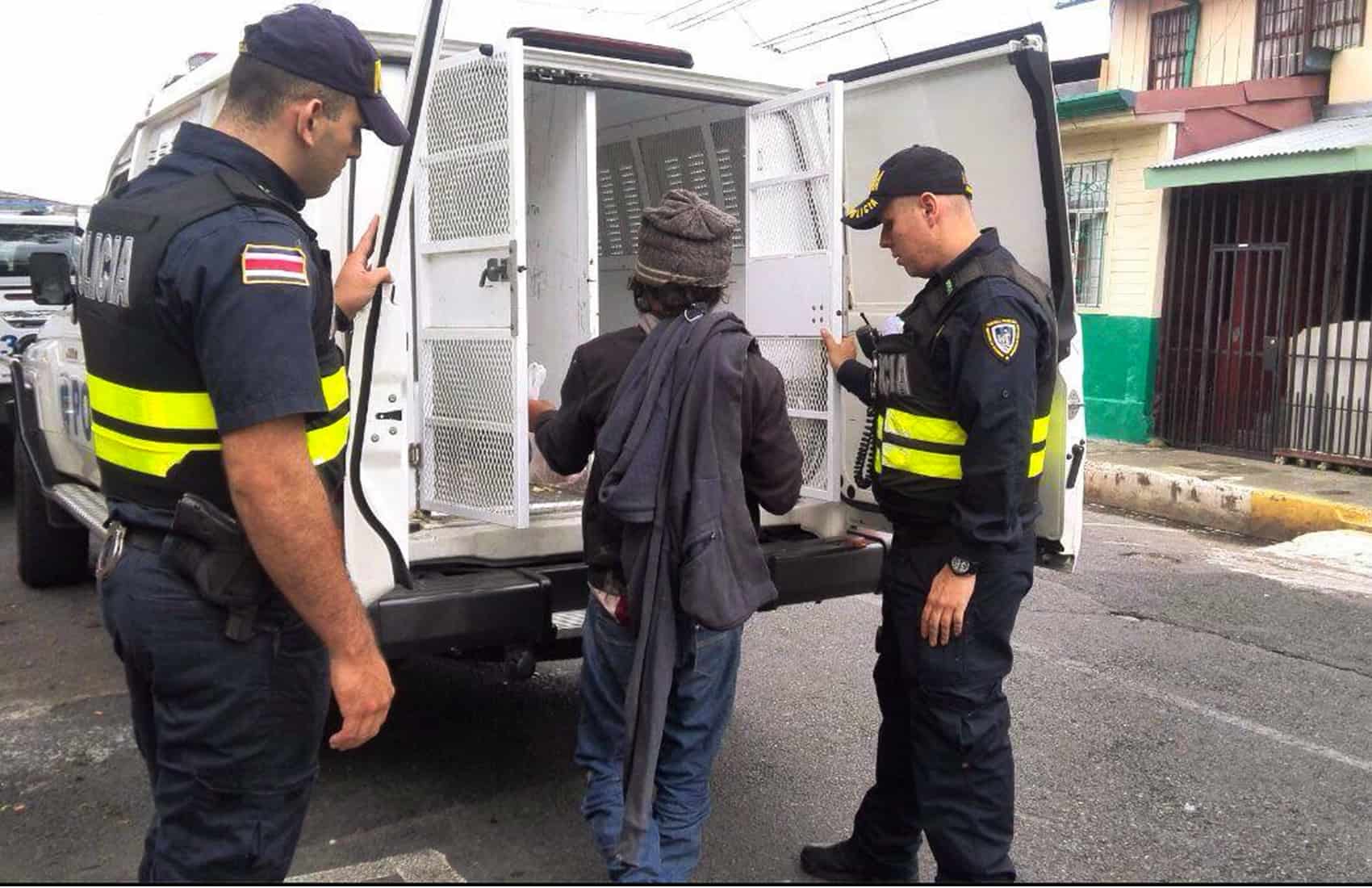Costa Rica’s legislature has passed a bill that lets police conduct raids around the clock to tackle rising drug-related killings and gang activity. The measure, approved in its final debate this week, removes time limits on searches, giving authorities more flexibility to act against criminal networks.
Lawmakers voted 43-0 on Tuesday to advance the legislation, known as file 24.495, which reforms the Criminal Procedure Code. It allows the Judicial Investigation Agency (OIJ) and prosecutors to perform searches at any hour, on any day, including weekends and holidays. For raids on homes, businesses, or offices, a judge must oversee the process in person.
The bill sets clear deadlines for judicial approvals. Judges have up to three days to rule on standard search warrant requests and five days for cases involving organized crime or complex investigations. Once signed by President Rodrigo Chaves and published in the official gazette, the law takes effect.
This comes as Costa Rica faces a spike in homicides tied to drug trafficking. Last year, the country saw 907 violent deaths, its highest rate ever at 17.2 per 100,000 people. Gangs competing for control of cocaine routes have fueled the bloodshed, turning once-peaceful areas into hotspots for shootings and extortion.
The new law builds on earlier efforts that hit roadblocks. A prior version passed the assembly but drew a veto from President Chaves in May over concerns about timing, policy fit, and possible constitutional issues. Lawmakers tried to override it, but the Constitutional Court rejected the move, citing procedural flaws. The court said that for unconstitutionality claims, the bill needed a formal review, not just a vote.
Congresswoman Montserrat Ruiz from the National Liberation Party stepped in with a revised proposal to fix those errors. She argued that starting fresh was faster than dragging out the old process. “The country’s security demands quick action,” Ruiz said, pointing to the text refined by the Legal Affairs Committee after the veto.
OIJ Director Randall Zúñiga welcomed the change, noting that crime does not stick to business hours. “This gives us the tools to respond when it matters most,” he told reporters after the vote.
Supporters say the law strengthens the fight against narco groups that have infiltrated ports and communities. Costa Rica’s location between cocaine producers in South America and markets in the north makes it a key transit point. Recent arrests and seizures show progress, but officials admit more is needed.
Critics worry about potential abuses, like unwarranted intrusions into private lives. Human rights groups have called for safeguards to protect innocents, though the bill requires judicial involvement to balance those risks.
The assembly moved fast on this iteration, passing it in just 20 days from introduction to final approval. That speed reflects broad agreement on the need for tougher measures amid the violence.
President Chaves has not yet commented on signing the bill, but his administration has pushed other security reforms, like extraditing nationals for drug crimes and seeking international aid to curb trafficking.
As raids become possible anytime, law enforcement hopes to disrupt hideouts and seize evidence before suspects can react. For residents weary of the bloodshed, the law offers a step toward reclaiming safety in their neighborhoods.
Our country has long prided itself on stability without a standing army, but the drug trade’s grip tests that model. This bill signals a shift to more aggressive policing while staying within legal bounds.






